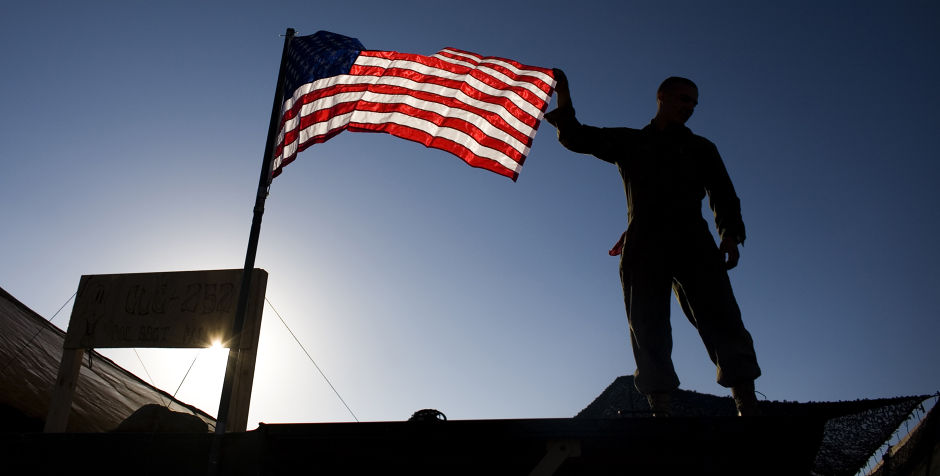We Must Not Follow in the Footsteps of Thebes
The craze a presidential election cycle creates often makes it difficult to keep sight of what our Founding Fathers intended for us as citizens of this United States of America.
When the political-rapidness begins to sweep over me – before it fully envelopes my whole being - I try to take a step back and sink into the words of the men who created this brilliant system of governance that continues to keep us free to this day.
This practice provides perspective. It reinstates my sanity in the midst of the storm.
So, while reading through some of John Adams’ correspondence with John Jebb – a British medical doctor and religious and social reformer – I came across this gem:
Reformation must begin with the body of the people . . . . They must be taught to reverence themselves, instead of adoring their servants, their generals, admirals, bishops, and statesmen. Instead of admiring so extravagantly a prince of Orange, we should admire the Batavian nation, which produced him. . . . If Thebes owes its liberty and glory to Epaminondas, she will lose both when she dies, and it would have been as well if she had never enjoyed the taste of either. But if the knowledge, the principles, the virtues, and the capacities of Theban nation produces an Epaminondas, her liberties and glory will remain when he is no more.
Now, bear with me as I break down my view of the meaning of this profound and timely passage.
Adams begins by explaining that the power to reform is with us. Not a man or woman on a stage making promises of what our tomorrow could look like if only we elect him or her. With us.
And what Adams goes on to explain is that it is not the man but the system that created the man that is to be praised.
He fully illustrates this concept with his reference to Epaminondas of Thebes.
Epaminondas was a statesman and military leader who liberated the Theban people from an oppressive Spartan rule through a series of powerful and innovative military campaigns. To secure and maintain Thebes’ place in Greece’s political landscape, these military campaigns continued until the date in which Epaminondas met his demise on the battlefield in 362 BC. Upon his death, all grounds gained for the Theban people were buried with their hero.
Do you see Adams’ point?
If America owes its glory to its rulers, then America – like Thebes – and the liberties we enjoy will die once the rulers who “liberate” us are six-feet under. If, however, it is the inverse, the American way will live on.
The election cycle always reminds me that we’ve been abdicating the power afforded us by this Constitutional Republic. It’s time we take back the mantel placed upon us by our Founders at the start.
But, how?
John Adams went on in his letter to Jebbs, providing insight into the solution:
The human mind naturally exerts itself to form its character, according to the ideas of those about it. When children and youth hear their parents and neighbors, and all about them, applauding the love of country, of labor, of liberty, and all the virtues, habits, faculties, which constitute a good citizen, that is, a patriot and a hero, those children endeavor to acquire those qualities, and a sensible virtuous people will never fail to form multitudes of patriots and heroes.
We must not follow in the footsteps of Thebes. We must instill in our children the virtues of good citizenship – such as voting, civic involvement, and exercising our First Amendment right to “petition the Government for a redress of grievances.”
We must live out the example, taking action to show love of country, labor, and liberty everyday – not only for us, but also for our children and the future of our great nation. We must be a sensible virtuous people. We must be patriots and heroes, lest our way of life cease to exist.
